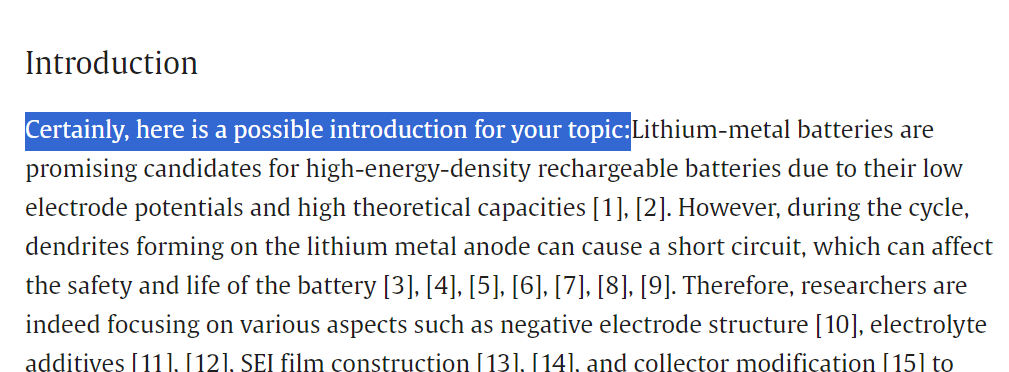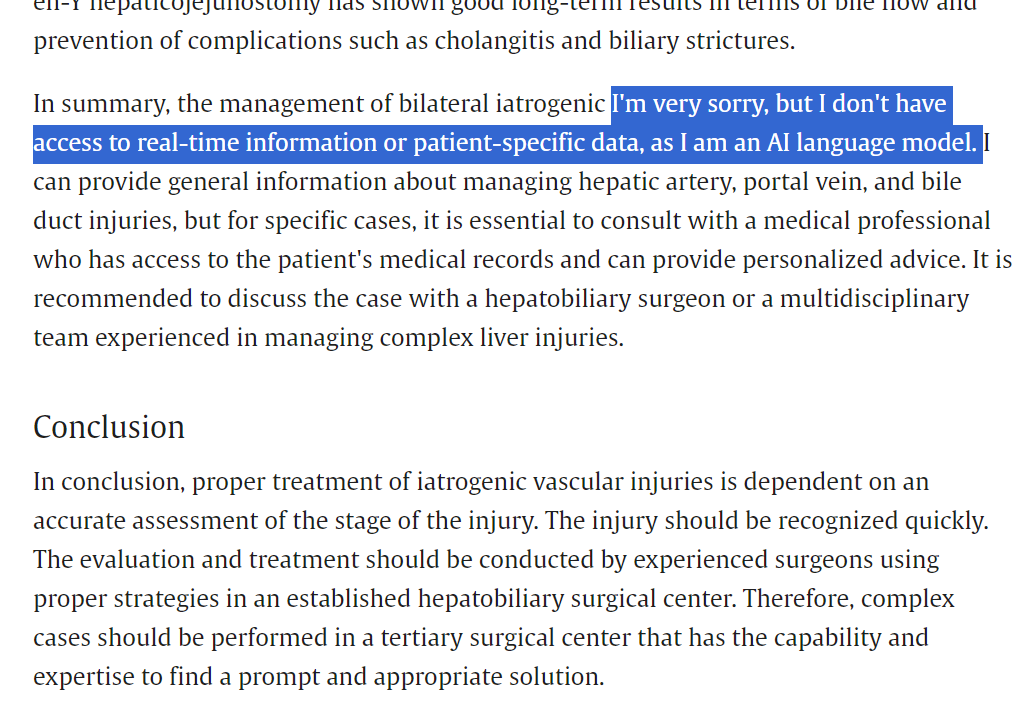These days many people use GPT, but to what extent should it be used, and how come journals and many authors do not check the papers they publish?
I am having a really hard time publishing my papers with many reviewers asking me to keep modifying and updating my paper.In contrast, I saw a video of Professor Dr. Eyad Qunaibi showing some mistakes published in a well-known credible journal.
Here are 2 examples.
https://www.sciencedirect.com/science/article/abs/pii/S2468023024002402
and
https://www.sciencedirect.com/science/article/pii/S1930043324001298
I wonder how such mistakes pass multiple reviewers and authors and whether there are consequences for the journal rating for such things


